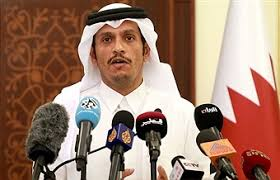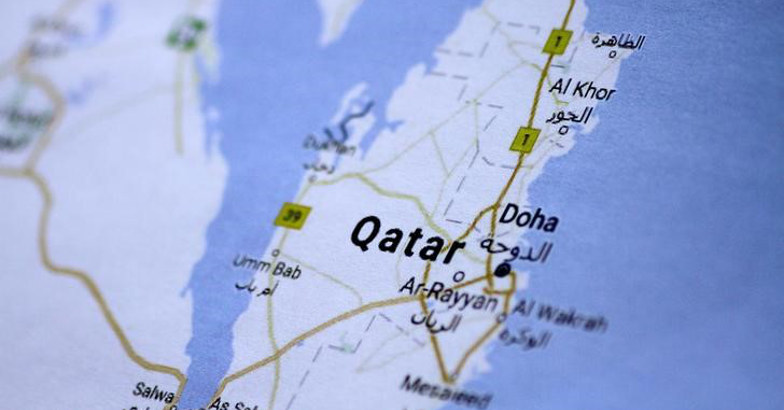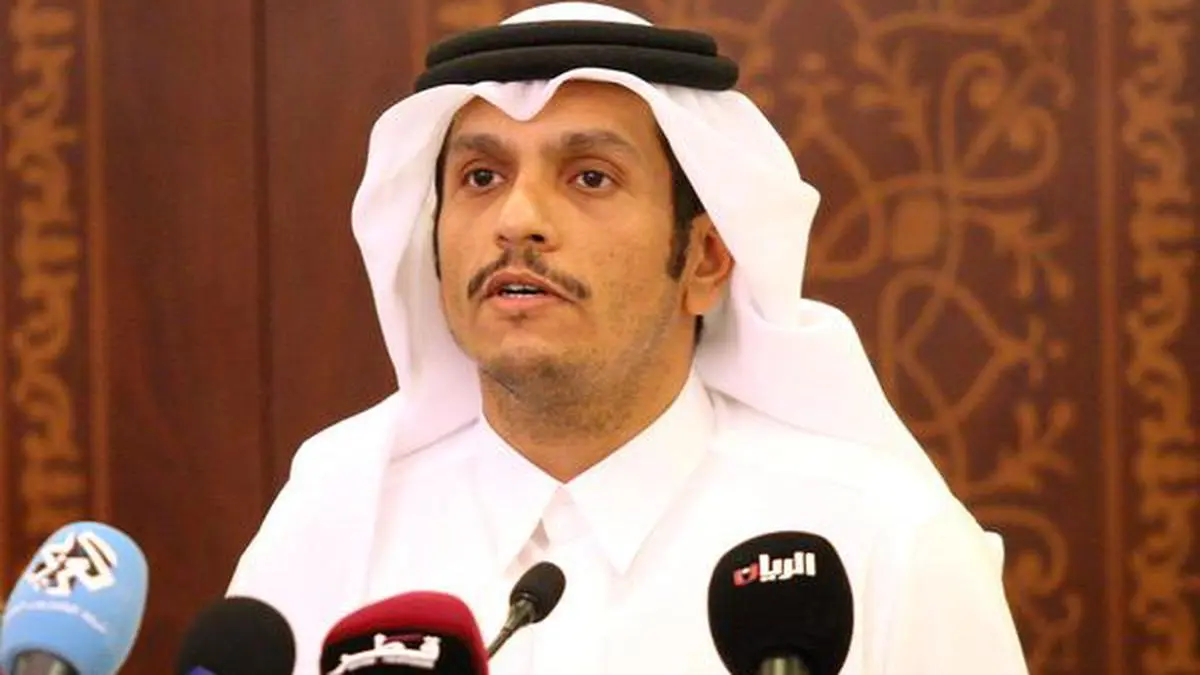Qatar denies interference in foreign affairs and has issued a strong statement addressing what it calls a “campaign of lies” meant to damage its global image. The Gulf nation, known for its growing diplomatic influence and role as a mediator in international conflicts, says it is being unfairly targeted by false accusations.
The Qatari government stated clearly that it does not interfere in the internal politics of other countries and has always followed a policy of neutrality and peace. This new declaration comes after recent reports in international media that hinted at Qatar’s alleged involvement in political movements and activities beyond its borders.
In this article, we explore the major claims Qatar is denying, why the nation believes this campaign is unjust, and what the broader impact may be on regional diplomacy.
Qatar Denies Interference in Foreign Politics
One of the strongest statements from Doha in recent weeks has been regarding accusations that Qatar funds political groups in other countries. Some international reports claimed that Qatar supports political figures or parties abroad, attempting to influence democratic outcomes.
Qatar denies interference of any kind and says it is committed to respecting the sovereignty of all nations. Officials argue that these allegations are not only false but also dangerous, as they can damage international relationships built on trust and cooperation.
According to a government spokesperson, “Qatar’s foreign policy has always been centred on mutual respect, non-intervention, and peaceful dialogue.”
No Evidence Behind Allegations, Qatar Says
The government insists that there is no credible evidence to support the claims made in recent media stories. Qatar denies interference charges by pointing out that none of the articles accusing it of meddling have presented verified documents or witness accounts.
Qatari authorities believe these allegations may be politically motivated. They suggest that some nations or groups want to undermine Qatar’s growing influence, particularly in mediating peace talks in the Middle East and North Africa.
This isn’t the first time Qatar has been accused without evidence. In 2017, similar accusations led to a diplomatic blockade by neighbouring countries, which was later lifted after international mediation.

Qatar Highlights Its Peace Mediation Record
As part of its defense, Qatar highlights its long history of mediation and peacekeeping. Qatar denies interference and instead positions itself as a neutral player that brings countries together for peaceful solutions.
Recent examples include its involvement in talks between Hamas and Israel, and its support for humanitarian aid operations in Sudan and Afghanistan. These efforts, according to Qatari officials, are misunderstood or misrepresented by critics who want to shift attention away from Qatar’s achievements.
“Rather than interfering, we’ve always tried to bring people to the table,” said one senior Qatari diplomat.
Disinformation Campaign Suspected by Qatari Officials
Qatar denies interference but also suspects that a coordinated disinformation campaign is targeting its government. Several anonymous websites and unverified social media accounts have recently published stories with misleading headlines about Qatar’s alleged role in foreign conflicts.
These online campaigns often lack journalistic credibility but spread rapidly, especially when picked up by mainstream outlets. Qatar’s Ministry of Foreign Affairs has expressed concern about the rising influence of disinformation in global politics.
Qatar’s position is that these false reports are part of a larger plan to create doubt around its foreign policies and damage its diplomatic ties.
Calls for Responsible Journalism and Dialogue
In response to what it calls unfair attacks, Qatar is urging the global media and political leaders to act with responsibility. Qatar denies interference and says it wants to have open, evidence-based discussions rather than public attacks based on speculation.
Doha has called on international news organizations to fact-check their sources and avoid publishing unverified claims. The Qatari government says it will continue to work closely with its allies to ensure transparency in all international dealings.
“We are open to scrutiny, but we expect fairness,” one official said. “Our role in the region is not one of dominance, but diplomacy.”
The Bigger Picture: Why Qatar’s Global Role Matters
The issue goes beyond just Qatar. The broader problem of media credibility, diplomatic trust, and regional competition is at play here. When a nation like Qatar denies interference and presents evidence of neutrality, it raises questions about the motivations behind these allegations.
Qatar has increasingly become a hub for diplomacy, education, sports, and business. From hosting the FIFA World Cup to housing international peace talks, its visibility has grown. That growth often comes with criticism, especially from rival states or political actors who may feel threatened by Qatar’s soft power.
Experts believe this pattern will continue as smaller nations with large ambitions find themselves under the global microscope.
Support from Global Allies
Despite the recent allegations, several countries have voiced their support for Qatar. Turkey, the United Kingdom, and several European nations have recognized Qatar’s contributions to peace talks and humanitarian aid. These countries acknowledge Qatar’s neutrality and praise its role in complex regional issues.
Qatar denies interference and says that such international support proves its commitment to global stability and fair diplomacy.

Media Reactions and Public Opinion
The reaction in global media has been mixed. While some news outlets continue to repeat the allegations, others have called for restraint and thorough investigation before drawing conclusions.
Social media platforms have seen a rise in hashtags both defending and criticizing Qatar. Many users in the Arab world have come out in support of the country, while critics remain vocal in their suspicions.
Qatar denies interference in any covert operations and urges citizens worldwide to seek facts rather than fall into the trap of propaganda.
Qatar’s Strategy Moving Forward
Qatar’s leadership has hinted at launching a public awareness campaign to counter misinformation. This could include official press briefings, interviews with diplomats, and fact-checking partnerships with international agencies.
The country plans to take a proactive approach rather than just defending itself. By being transparent and confident, Qatar aims to restore faith in its foreign policy.
Qatar denies interference and stands firm in its belief that the truth will prevail over time.
Final Thoughts
The controversy surrounding Qatar shows how fast misinformation can spread and affect a country’s image. Whether driven by politics, rivalry, or misunderstanding, these accusations have pushed Qatar into the spotlight once again.
But with a strong message, diplomatic allies, and a history of peace efforts, Qatar is trying to steer the conversation back to facts. As the situation develops, the world will be watching how Qatar handles this test of trust and credibility.
Do follow Gulf Magazine on Instagram
Also Read – boAt UAE Launch India’s Top Audio Brand Goes Global



